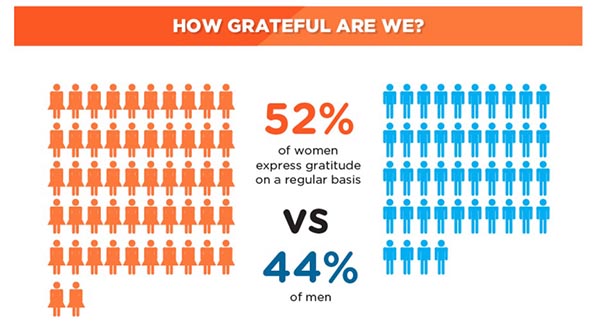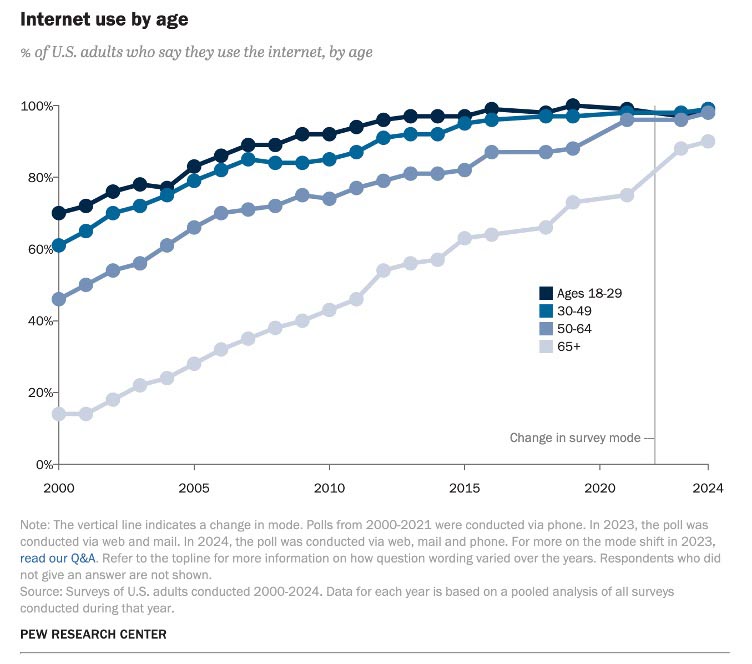With Thanksgiving 2024 behind us, the articles and blog posts on the importance of gratitude have wound down until next Thanksgiving rolls around. But the value of gratitude isn’t just a nice idea around the holidays. It’s something you might want to do all year. Why? Because it’s scientifically proven to produce positive effects through changes in the brain.
What changes, specifically?
- Gratitude shifts attention away from negative emotions. According to research by Robert Emmons, when a person focuses on what they are thankful for, their brain is less likely to dwell on unpleasant feelings. So while gratitude doesn’t increase positivethoughts, it can reduce the time spent thinking about the bad ones. Emmons’ 10 years of research on the topic found that practicing gratitude can increase “happiness levels” by 25%.
- Gratitude activates specific regions of the brain. The act of expressing or receiving gratitude stimulates the hypothalamus. This region regulates essential bodily functions, including sleep and stress response. As reported in “The Neuroscience of Gratitude and the Effects on the Brain,” published by Positive Psychology, gratitude also impacts the hippocampus and amygdala, which play critical roles in processing emotions and memories. These structures are part of the limbic system, or the brain's emotional center.
- Gratitude boosts key neurotransmitters. The research cited in “The Neuroscience of the Brain” found that the experience of gratitude, either given or received, triggers the brain to release dopamine and serotonin. These neurotransmitters create feelings of happiness, pleasure, and well-being. When a person regularly practices gratitude, the neural pathways associated with these neurochemicals are strengthened. The result? More consistent feelings of happiness and well-being. This is one reason gratitude is often called a “natural antidepressant.”
- Gratitude encourages a positive feedback loop. The positive effects of gratitude often do not appear immediately. Studies show that they increase over time. It is thought that this occurs because gratitude prompts people, not just to think about what they are grateful for, but to discuss it with others. This extends and reinforces gratitude's effects.

Source: Happify
Effects of Gratitude on Mental and Physical Health
Put all of this together and what do you have? A dream list of all of the things most (if not all) of us want to have more of:
- Reduced Stress: Gratitude reduces the body's production of the stress hormone, cortisol. Lower cortisol levels result in a calmer nervous system and can even improve heart health.
- Reduced Pain: Gratitude impacts the way the body experiences pain by influencing dopamine levels. Increased dopamine is associated with higher energy and motivation (we could all use more of that). This helps individuals manage pain more effectively.
- Improved Sleep: Gratitude's ability to stimulate the hypothalamus results in better sleep regulation.
- Improved Mental Health: Gratitude helps reduce symptoms of anxiety and depression. It works by decreasing the attention given to negative emotions and promoting a more positive frame of mind.
Of course practicing gratitude is the right thing to do, but the fact that it has scientifically proven benefits gives the idea of year-round gratitude more appealing. But there is a catch—in order for its effects to be felt, it has to be practiced on a regular basis. Like, nearly every day. But is that a catch, really? It just seems like a really good idea.









